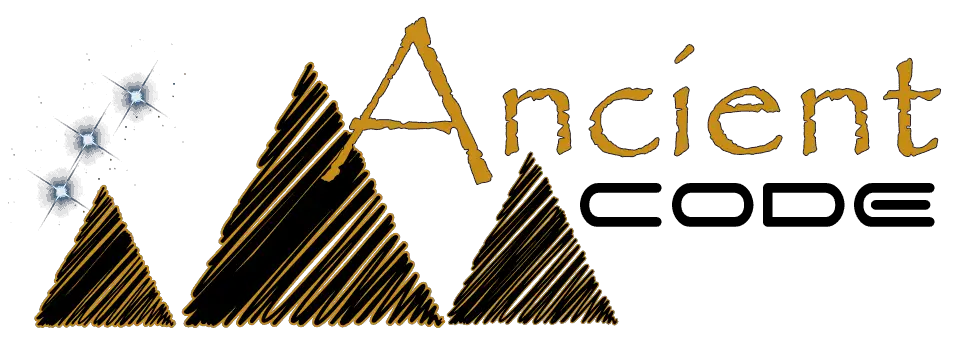YouTube Video Here: https://www.youtube.com/embed/-IAxEtT3lfA?feature=oembed&enablejsapi=1

One of Vladimir Putin’s closest advisors, Russian Defense Minister Sergei Shoigu, has announced his intentions to create an ancient clone army of ancient Scythian Horse Lords. Shoigu is from the Republic of Tuva in Siberia, where archaeologists discovered Scythian burials two decades ago.
Remains of the so-called Horse Lords were preserved well in some cases due to Siberian permafrost. Sometimes, the Scythians were laid to rest with their horses. Today, they are considered among the greatest warriors of antiquity.
Using the DNA of the 3,000-year-old Scythian warriors, he hopes military scientists can accomplish something to top Dolly, the Sheep. You may recall, the Roslin Institute in Edinburgh, Scotland, announced Dolly as the first mammal ever cloned in July 1996.
Related: Russia To Build Cloning Facility To Bring Back Extinct, Ancient Animals in Jurassic Park Style
‘Very Interesting’ Plans
To achieve cloning, scientists used a process of nuclear transfer. For a simplified explanation, they took a nucleus from a cell. Then, they implanted it into an egg cell after removing its nucleus.
Reportedly, Shoigu assigned a team of Russian-Swiss archeologists to collect DNA samples. In 2018, he brought a shaman to oversee a dig by the experts.
“Of course, we would like very much to find the organic matter and I believe you understand what would follow that.” The Putin ally noted that the permafrost preserved the DNA, saying “it would be possible to make something of it, if not Dolly the Sheep. In general, it will be very interesting.”
Now, he wants to clone the ancient nomadic warriors and their horses.
Putin attended the online session of the Russian Geographical Society, which Shoigu leads. At the session, he announced the plans, which may be nothing but a distraction.
After the announcement, political analysts noticed the timing as Russia deployed about 100,000 soldiers to the Ukrainian border. Thus, it might be a case of state propaganda to distract from the looming threat of war.
An Army of the Dead
Although Putin’s friend wants us to believe it’s possible to make a clone army, it might not be so easy. According to Popular Mechanics:
“To date, no one has cloned a human being. But scientists have successfully executed the therapeutic cloning of individual kinds of cells and other specific gene-editing work, and of course, there are high-profile examples of cloning pretty complex animals.”
So far, the closest thing to cloning a long-dead mammal may be the cloning of a black-footed ferret earlier this year. Unfortunately, the donor of the endangered species died over 30 years ago.
However, cloning a primate or human may prove much more difficult. Scientists note that nuclear transfer is difficult since removing a cell’s nucleus also removes essential proteins. Thus, the process used on Dolly the Sheep would not work and result in a damaged cell. Even with the sheep, it took scientists 277 tries.
Not to mention, cloning humans is considering unethical or illegal in much of the world. Also, even if the Russians managed to clone a Scythian, it would take decades to raise a baby to become an adult warrior.
Interestingly, lore about the Scythian origins from Herodotus suggested the first king; Scythes was the offspring of Heracles and a Serpent woman. (see video below)
See all about the Scythians from Kings and Generals.
Valley of the Kings
In 1998, Russian and German archaeologists began excavating at a Tunnug burial site in the Republic of Tuva. There, they found soldier’s remains in a burial mound called a kurgan.
Later, the area became known as the Valley of the Kings.
First interred thousands of years ago, archaeologists found mummies and pure gold ornate artifacts depicting horses and supernatural creatures. In some cases, archaeologists discovered evidence of ritual horse sacrifices.
Although they created extraordinary metalwork, there was not yet a system of writing.
Ancient Origins notes the Scythian warriors were of Iranian descent and dominated between the northern borders of China to the Black Sea from the 3rd to 7th centuries BC. The area is called the Eurasian steppe.
Related: A 1,300-year-old island in Siberia shocked Vladimir Putin “I have never seen anything like it…”


